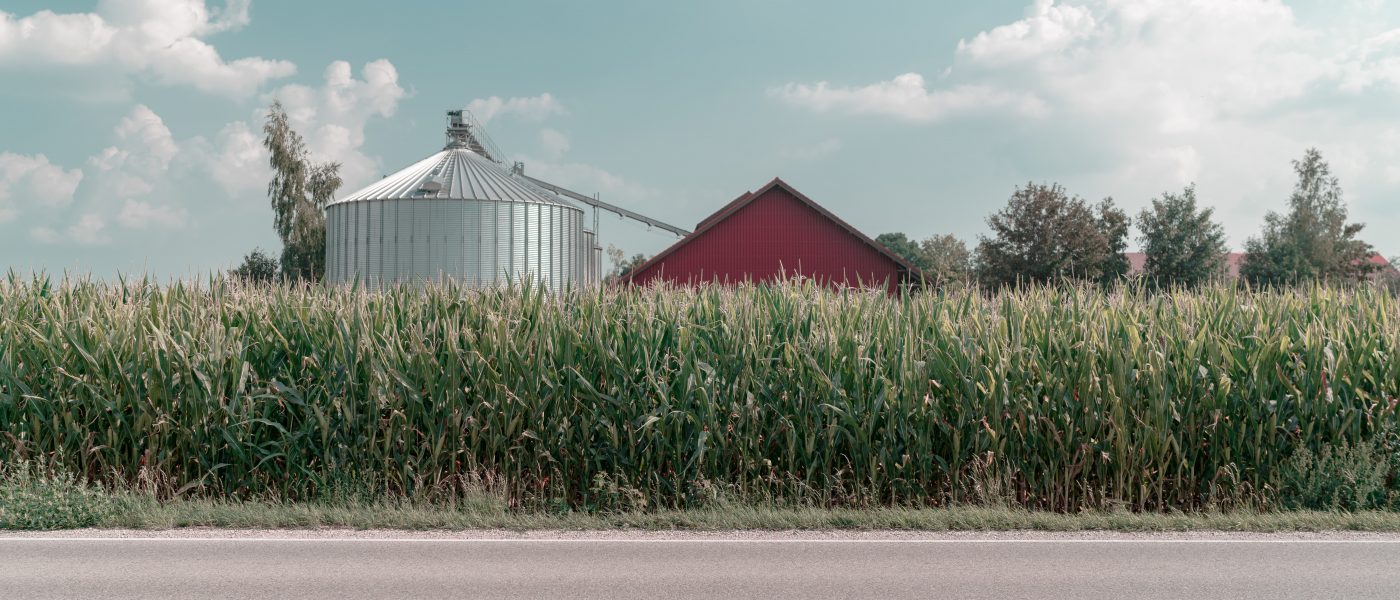Today, President Biden signed The American Rescue Plan, a $1.9 trillion pandemic relief package, which passed the Senate last weekend and the House on Wednesday of this week.
The bill is bold in its efforts to address COVID’s incredible toll on working class people in the United States, including rural community members and farmers. This is in sharp contrast to the previous two COVID relief bills, both of which had even larger price tags with aid that was mostly targeted to high income earners and corporations. With its focus on working people, The American Rescue Plan is being called the most far-reaching anti-poverty legislation in more than 50 years.
Relating specially to Farm Aid’s mission, The American Rescue Plan supports rural communities, from assisting farms and small businesses to making healthcare–especially COVID vaccinations–more accessible to rural residents. Learning lessons from the impact of COVID on our food system, this bill supports measures to increase the resiliency of our food supply chain. Importantly, as the hunger rate has skyrocketed in this country, the bill expands nutrition assistance programs, including funding to purchase food from farmers to supply food banks and other non-profit organizations. Additionally, it makes historic strides to address the longstanding racial inequities in federal farm programs.
As we’ve reported, the coronavirus relief measure provides $4 billion for debt relief for farmers of color, and $1 billion for programs that assist and strengthen farmers of color, including help addressing heirs’ property issues, grants to historically Black colleges and universities, and funding for a racial equity commission to identify and root out discrimination at the USDA.
As Willie Nelson put it, “This bill is critical—for our country and our farmers and ranchers. It’s the right thing to do, and we are glad to see Congress working together to strengthen farmers—especially farmers of color—and build back our farm and food system.”




